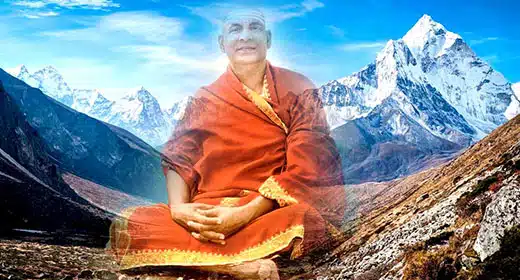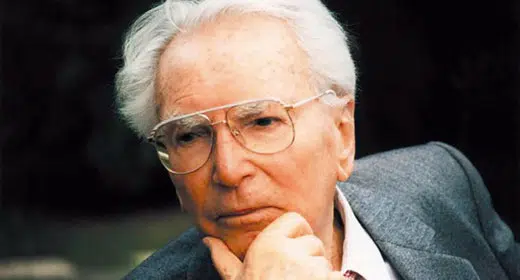From the Buddhist perspective, true love is said to consist of four major qualities:

1. Maitri, Loving-Kindness
Maitri comes from the Sanskrit word for friend. The root of love for ourselves and others is friendship. You must learn to befriend yourself before even thinking of loving other people. If you are constantly at war with yourself, how do you think you can live peacefully with another? If you cannot love yourself, you cannot love anyone else.
2. Karuna, Compassion
Compassion, in this case, is the desire to relieve the suffering of others. The notion of the word karuna is that having related to our own suffering we know how scary the darkest parts of our mind can be. We then see others grappling with similar afflictions and our heart goes out to them quite naturally. We have empathy for them. And, thankfully, because we have learned to befriend ourselves, we know how to skillfully help others do the same thing. When we realize that we can help others because suffering is the universal affliction, we can all be there for each other.
3. Mudita, Sympathetic Joy
The flip side of understanding someone else’s suffering and wanting to relieve it is sharing in his or her joy. The term mudita is sometimes translated as sympathetic joy or even altruistic joy. It’s the delight you have in appreciating your own experience, whatever that experience may be, and sharing that with another. You are there with them when they suffer and when they are happy. It’s of course rooted in the fact that you are already comfortable with the times when you suffer and when you are happy. You are able to weather both on your own, so now you can weather them with another person.
4. Upeksha, Equanimity
Sometimes people think equanimity is a feeling of being completely at peace. However, if you turn to the definition in any dictionary, you will discover that it actually means the ability to remain calm in the face of complete uncertainty. When you are free-falling in love, you are able to practice equanimity.
If you take these four qualities to heart, you will be able to love more fully. I have been working with them for some years and they have changed me tremendously. I fall in love all the time. When I am at my best I fall in love a half dozen times a day.
I notice after I have been practicing meditations regularly and in longer periods than normal, I walk into the world and feel like my heart can accommodate anything. When I see a playful puppy I fall in love. When I spy a new couple nuzzling against one another on the train I fall in love. When I walk by a group of friends reconnecting I fall in love. When my heart is open I find I am less concentrated on me and my concerns and more available to the world around me. As a result I am exposed to many things every day that I can love wholeheartedly.
When we learn to love, we create space for more than just loving ourselves and one other being. We manifest a love that exists way beyond what we conceive of as possible. We manifest a love that can embrace the whole world, where everyone-including the people we like and those we don’t and those we don’t even know-can experience our love. That is the power of an open heart.
I want to be remembered as someone who knew how to love. I know that through loving practice I can have an impact on this earth way beyond what I might physically do in this lifetime. Through loving-kindness, compassion, sympathetic joy, and equanimity I believe I can fall in love with everyone. It won’t be scary; it will be liberating. I enjoy falling in love.








































